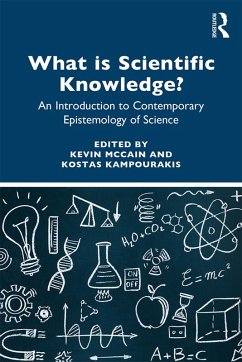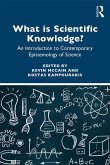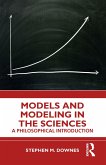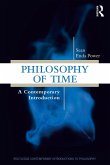What Is Scientific Knowledge? is a much-needed collection of introductory-level chapters on the epistemology of science. Renowned historians, philosophers, science educators, and cognitive scientists have authored 19 original contributions specifically for this volume. The chapters, accessible for students in both philosophy and the sciences, serve as helpful introductions to the primary debates surrounding scientific knowledge.
First-year undergraduates can readily understand the variety of discussions in the volume, and yet advanced students and scholars will encounter chapters rich enough to engage their many interests. The variety and coverage in this volume make it the perfect choice for the primary text in courses on scientific knowledge. It can also be used as a supplemental book in classes in epistemology, philosophy of science, and other related areas.
Key features:
* an accessible and comprehensive introduction to the epistemology of science for a wide variety of students (both undergraduate- and graduate-level) and researchers
* written by an international team of senior researchers and the most promising junior scholars
* addresses several questions that students and lay people interested in science may already have, including questions about how scientific knowledge is gained, its nature, and the challenges it faces.
Dieser Download kann aus rechtlichen Gründen nur mit Rechnungsadresse in A, B, BG, CY, CZ, D, DK, EW, E, FIN, F, GR, HR, H, IRL, I, LT, L, LR, M, NL, PL, P, R, S, SLO, SK ausgeliefert werden.









